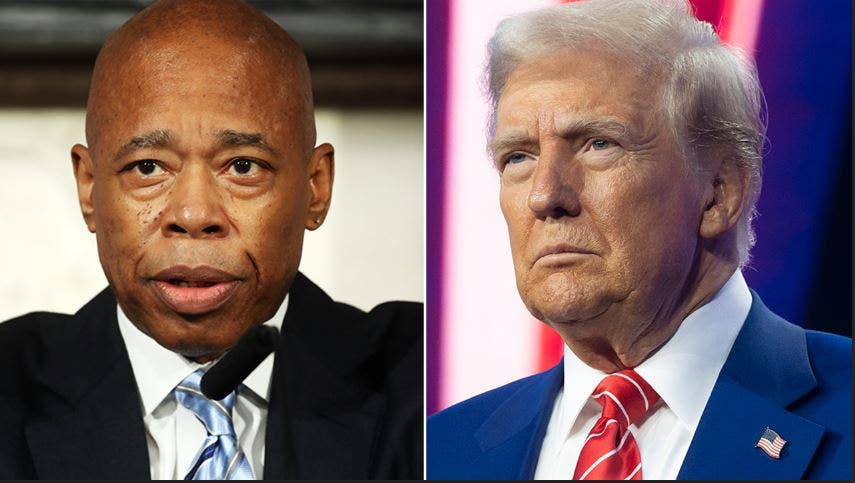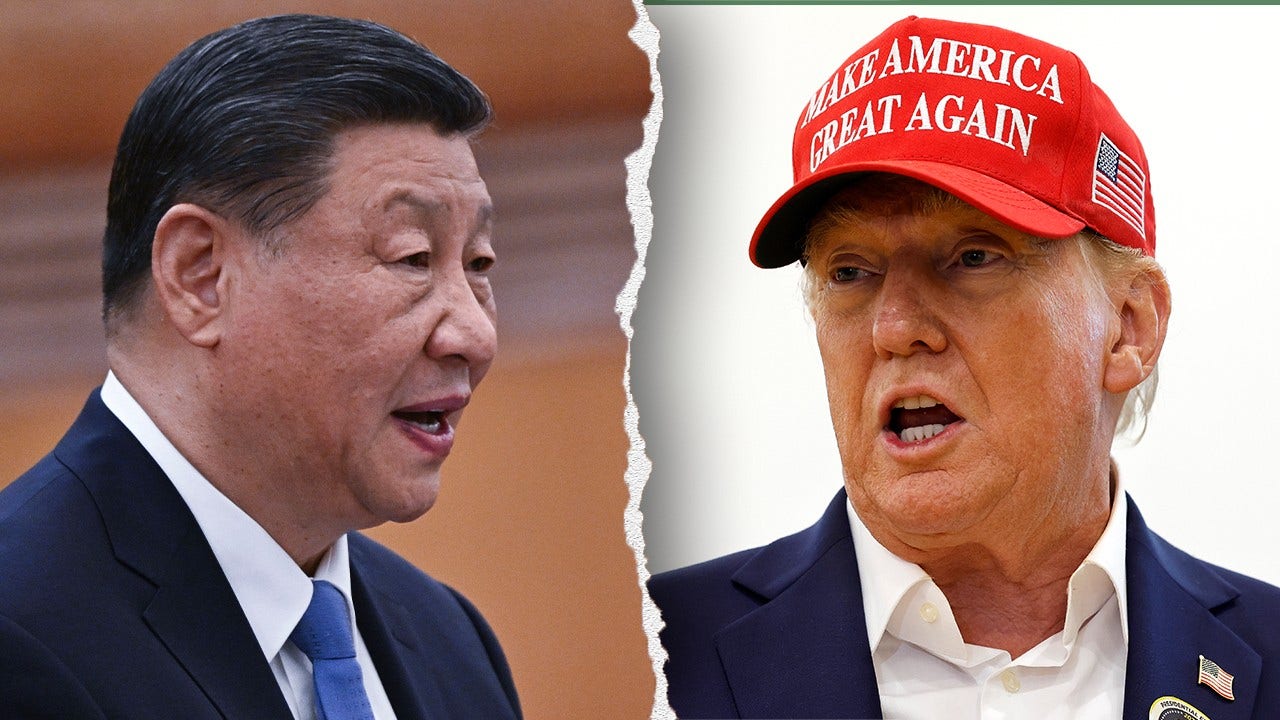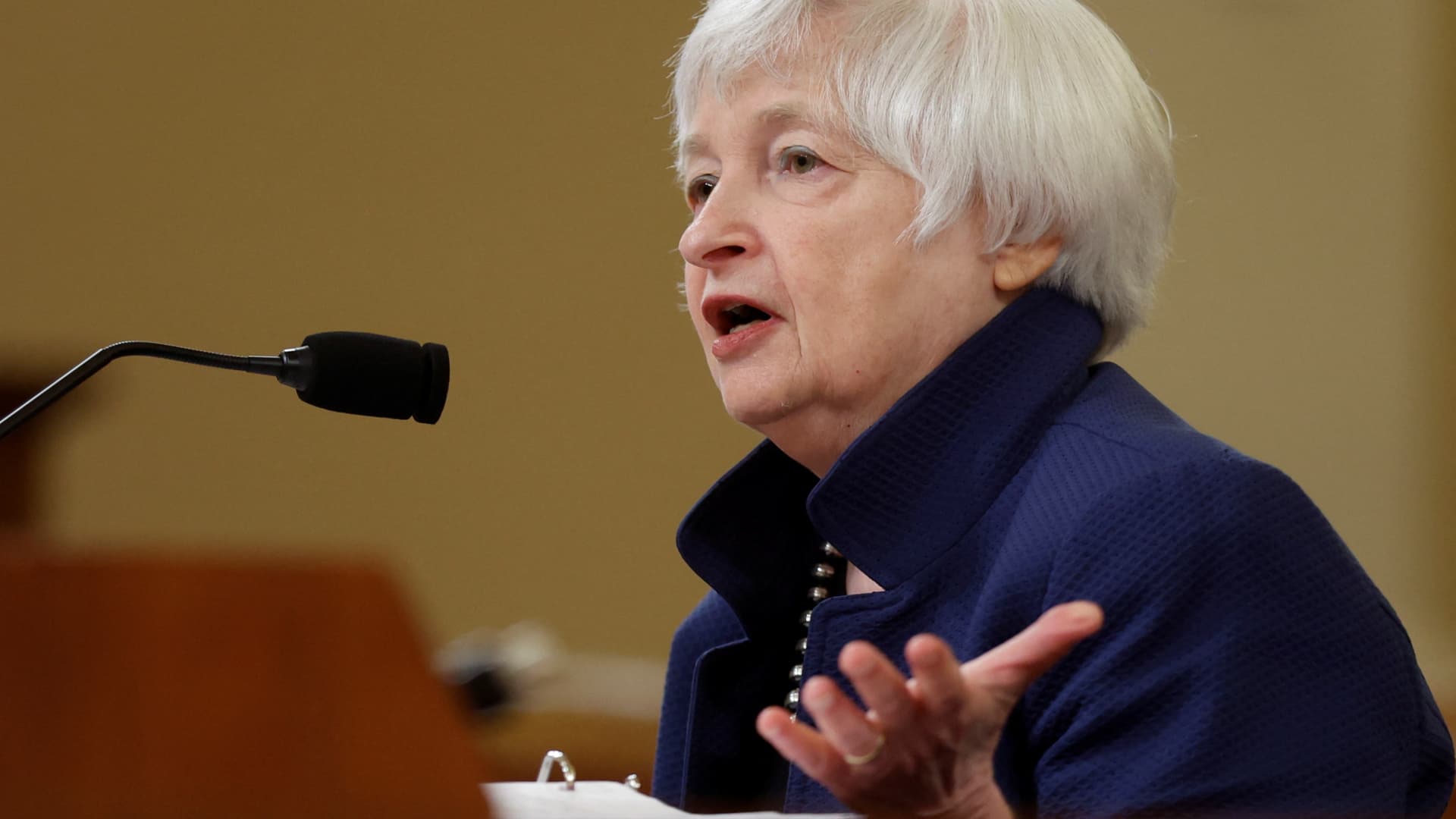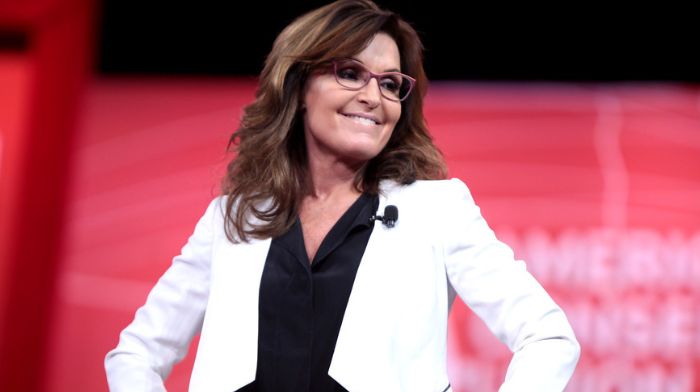Let me start by acknowledging that the surge in inflation over the past few months is real and absolutely exacerbates Americans’ struggles to pay their bills, feed their families, fuel their cars to get to and from work, and overall to afford the basic needs of their daily lives.
This is a fact, and it needs to be addressed. How to address them, or how they can be addressed, is a significant question, and one I’ll address below.
In thinking about how to address Americans’ waning economic wherewithal, we need to understand that it is also a fact that these economic struggles for many, if not most, Americans are not new and should not be understood to be a result of the recent inflationary surges, though, again, inflation has multiplied the degrees of hardship Americans endure, for sure.
Behind the immediate scourge of inflation looms the gross and longstanding—and seemingly ever-worsening—economic inequality divisively plaguing American society and democracy and pointing to more entrenched structural inequities, indeed injustices, at work in our economic system.
The media’s coverage of inflation often glosses over the persistent economic struggles of Americans to meet basic needs in a nation that flouts an abundance of wealth, seeming to blame the recent and hopefully temporary inflationary pressures for American’s struggles rather than addressing the abiding economic inequality and injustice Americans have faced.
Indeed, if we built a more democratically functioning economy, inflation would not be hitting Americans so hard. It’s because so many Americans already had and have been living on the edge in our grossly class-stratified society that the impact of inflation is so severe.
The coverage typically doesn’t really tell this story, reporting with amnesia rather than historical awareness.
Take this recent editor’s note published on CNBC, reporting that the recent inflation has suddenly thrust a large percentage of Americans into the condition of living paycheck to paycheck. Here’s one passage:
While the economy is not technically in a recession, it is starting to feel like it for many Americans. Although wages have increased over the past year, it is not keeping pace with inflation. The increase in rent, food and gas prices is making it difficult for many workers to cover their expenses. In April, 61% percent of consumers reported living paycheck to paycheck and that number will likely increase as prices continue to remain high and borrowing costs go up as well.
What we have to recognize is that this situation is not at all new. In 2018, 80% of Americans reported living paycheck to paycheck, as did 78% of workers in 2019. A quick look back at 2014 shows that 76% of workers that year lived similarly on the edge of poverty. One could go back year by year and find this economic precariousness is fairly constant and abiding.
Under the Trump administration poverty increased, and his policies not only did nothing to address this situation, rather, they actually abetted, indeed created, these conditions. His massive tax cut for corporations and the wealthiest Americans from 35% to 21% exacerbated income inequality. Indeed, we saw corporations reaping tens of billions of dollars in tax windfalls even as they laid off workers.
While unemployment remained historically low to the point of being negligible, so many of the jobs created were part-time or low-wage, growing a class of working poor.
To talk about and represent inflation as the primary or main cause of Americans’ economic pain is to ignore the persistent and underlying injustices in the U.S. economy, labor relations, and policies that seemingly ritualistically engage in transferring more and more wealth from the workers who produce it to the wealthiest who don’t need it and stockpile it.
And to represent inflation as the culprit for economic woes misdirects us from identifying the proper solution.
For example, the mantra of media coverage tends to be that inflation will harm President Joe Biden’s re-election chances and even harm Democrats in this November’s mid-term elections. The pundits insist voters always take out their frustrations on the incumbents, even as they say at the same time that there’s very little any president can do to address inflation.
This coverage blinds us to the fact that Biden’s Build Back Better plan contained the very policies that promise to move the U.S. economy in a more democratic direction and to address in fundamental ways economic inequality and the high costs of living Americans face, regardless of inflation. The plan proposed policies to make health care and prescription drugs more affordable, to help Americans with the high cost of childcare that can make it prohibitive for some parents to enter the labor force, to make higher education more accessible and affordable, and to create well-paying union jobs while addressing climate change, among other proposals. The plan also would reduce taxes for the majority of Americans, while raising them on the wealthiest .1%, reversing the trend of transferring wealth to the richest Americans and corporations.
And yet the media in the way it focuses on inflation and fuels, if not endorses, the blaming of Biden, plays the dangerous game of validating Americans’ possibility of voting out of mere reaction for Republicans, who persistently not only disregard America’s working families but actually enact policies hostile to them, as we saw under Trump and as we see in their refusal to support Biden’s Build Back Better agenda.
Overall, the GOP’s reactionary and hateful agenda worsens the economy and stokes inflation. For example, one cause of inflation, as former Microsoft CEO Steve Ballmer explained, is the shortage of workers, which a more robust immigration flow into the U.S. could help cure. Republican xenophobia and hate toward immigrants, however, actually get in the way of addressing the labor shortage, which could help resolve some supply chain issues and ease inflation.
The media, though, in covering inflation, ignores these broader issues and blinds us to the possible solutions that could help this nation build a more democratic economy.

Tim Libretti is a professor of U.S. literature and culture at a state university in Chicago. A long-time progressive voice, he has published many academic and journalistic articles on culture, class, race, gender, and politics, for which he has received awards from the Working Class Studies Association, the International Labor Communications Association, the National Federation of Press Women, and the Illinois Woman’s Press Association.


























































